On the 20th of June, eight supporters for the reunification of the Parthenon Marbles including for the firrst time, the Chair of the British Committee Janet Suzmann, stood outside the British Museum, handing out leflets and repeating slogans: BM Come Clean, Reunite the Parthenon Marbles, Tell The Story,Time is Now, Renite the Marbles in the Acropolis Museum in Athens. In the queue to get into the BM there were those that were looking forward to seeing the sculptures from the Parthenon too. They emerged disappointed. The Parthenon Galleries were closed.
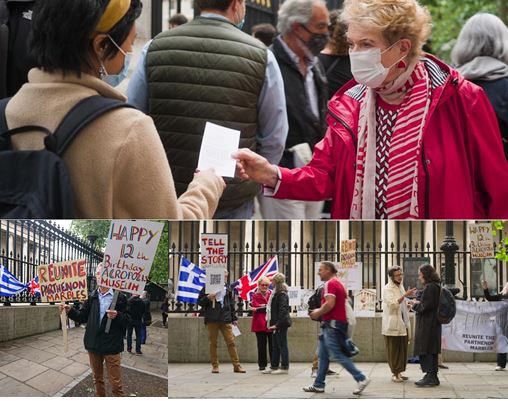
The telephone call to the museum on the Monday, the 21st of June to ask how long the closure would last was met with: "not long, as the sculptures are a popular treasure of the museum." When asked when to call back, the reply was 'in a week's time'. That week became 8 weeks and then the article in the Art Newspaper: 'Is it raining again in the British Museum’s Parthenon gallery? A leaking roof has delayed the reopening of seven galleries of Greek art', written by Cristina Ruiz and published this Wednesday, 11 August 2021.The article was updated today, Friday 13th August to include a statement by Greece's Minister of Culture & Sport, Dr Lina Mendoni.
The statement from Minisiter Mendoni can be read in the Art Newspaper article, as well as on the official Greek Ministry's portaland below:
"This is not the first time that photographs have been published revealing that the conditions for exhibiting the Parthenon Sculptures at the British Museum are not only inappropriate, but also dangerous. In September 2019, when similar photos were published, we had stressed that these images fully strengthen the legal, ongoing and non-negotiable request from Greece for the reunification of the sculptures. The Parthenon Marbles, one of the greatest monuments of Western civilisation, must return to their homeland."
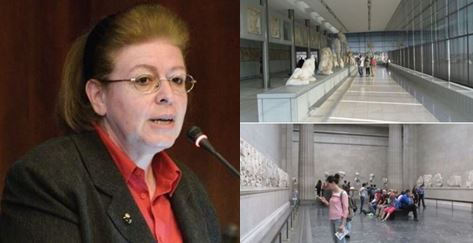
The leak that occured on 21 December of 2018 was questioned by Ta Nea's UK Correspondent Yannis Andritsopoulos and published in an article in January 2019, where he asked the Director of the British Museum, Hartwig Fisher, this question: 'There were several media reports last month regarding a leak in the Duveen Gallery where the Marbles are housed. As you can imagine there was a negative reaction. What’s your explanation about what happened?'
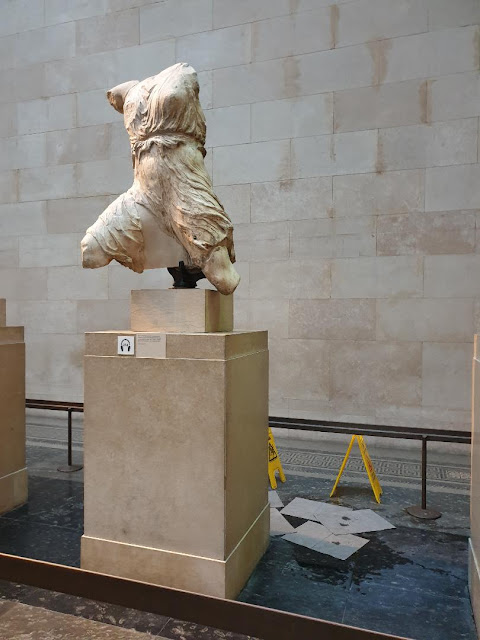
Dr Fisher's reply was: "We had a tiny leak in one area of the roof in the Parthenon Sculptures’ galleries. A small quantity of rain entered the gallery, but did not touch any of the Sculptures and this was fixed right away."
As the leak was fixed right away and was only 'tiny', 2 years and 5 months later, another leak? And why is this one taking months to repair ? With no date for when Room 18, the Parthenon Galleries at the British Museum, might be re-opening.
Many question the climate controls of the gallery even when there are no leaks. In the winter large blow heaters are positioned in the room to provide heating and in the hotter summer months, the Fire Exit doors are kept open for ventilation.
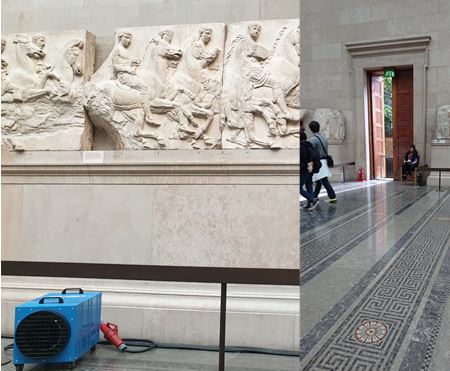
Whatever the long term prospects for the sculptures still in London (unnecessarily divided from the their surviving halves in Athens' Acropolis Museum), the lack of dialogue between two friendly nations, Greece and the United Kingdom, on this cultural matter, continues to be long overdue. All the efforts made by Greece since their independence over 200 years ago and at other key times, including in the 80's when the then Minister of Culture, Melina Mercouri visited the British Museum and vowed to keep campaining for ever or until the Parthenon Marbles were returned.
BCRPM began campaigning in 1983 and Emanuel Comino's Australian Committee started even earlier. The calls have not diminished and are echoed by the International Association supporting the Greek governments efforts. There is no time like the present to start a dialogue that would result in a long awaited reunification of a peerless collection of sculptures, which still belong to the Parthenon (as their name suggests).
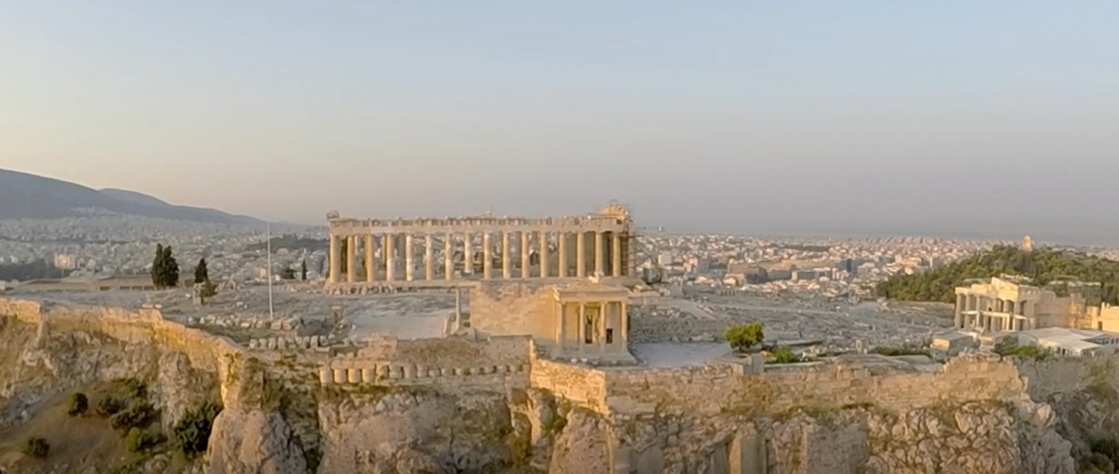
The Parthenon still stands, with the Acropolis Museum in Athens offering an exceptional opporunity for all to see the sruviving pieces displayed the right way round, with direct views to the Parthenon. This context is one, which the ancients that created such an iconic building, would be proud to 'see' humanity respect.
Janet Suzman's commented on the current closure of Room 18: "Aware as we were of this, what is going on? Is the British Museum trying to Anglicise the Parthenon Marbles by covering them in damp? BCRPM is a little bit concerned. They would be much happier in that Attica light."

Additional statement made by Dr Mendoni, Greek Minister of Culture and Sport, 15 August 2021, in response to the conditions and ongoing closure of the Greek galleries in the British Museum:
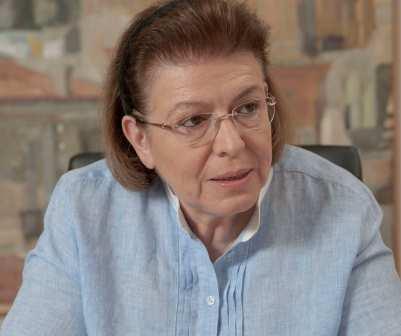
"For decades, the main argument of the British, for the Parthenon Sculptures to remain in London, was that in the British Museum these masterpieces are exhibited in more suitable conditions than those that Greece could offer.
For 12 years, the Acropolis Museum in Athens, one of the best museums in the world, exhibits the Parthenon Sculptures in the most appropriate way, with direct views to the Parthenon itself. The sculptures in Athens await their final reunion with those illegally looted by Elgin. The British argument has long since been refuted.
Today, the conditions for exhibiting the Parthenon Sculptures at the British Museum are offensive and dangerous. The Sculptures cannot be expected to wait in Room 18 for the completion of the "masterplan" of the British Museum, which does not match those of the Parthenon Gallery, here in Athens.
Greece's constant and fair request for the return of the Sculptures to Athens is non-negotiable and today is absolutely relevant."